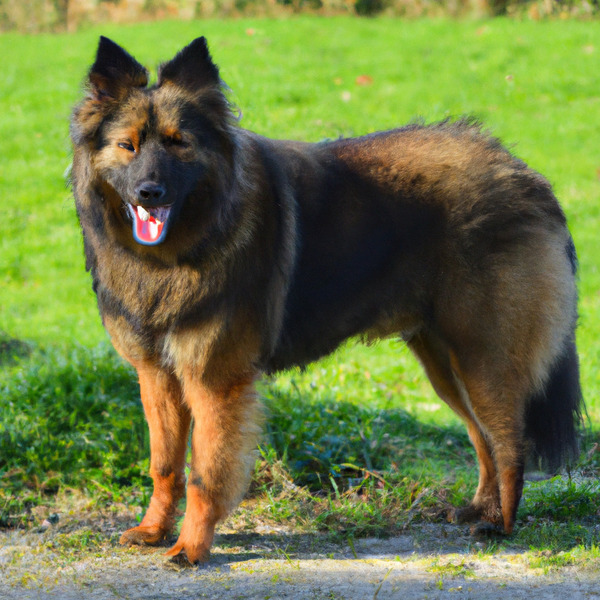Basque Shepherd vs. Havanese: Breed Differences and Similarities
Hypoallergenic
Are Basque Shepherds or Havaneses hypoallergenic, or neither?
Unfortunately, the Basque Shepherd is not hypoallergenic, making it not a good choice for a dog lover who suffers from pet allergies.
While no dogs are truly 100% hypoallergenic, Havaneses are about as close as it gets, making them an ideal pet if you are an allergy sufferer.
Watchdog Ability
Which dog breed makes a better watchdog, the Basque Shepherd or Havanese?
Choose a Basque Shepherd if you want a top-notch watchdog. This breed takes guarding seriously, and may not require much training, though obedience or guard dog training can improve their skills.
Havaneses make excellent watchdogs - they're vocal and protective of their territory.
Origin
What is the origin of Basque Shepherd and Havanese dog breeds?
Spain
Cuba
Ancestry
What are the origins of Basque Shepherd and Havanese breeds?
Unknown
Bichon Tenerife, Blanquito de le Habana
Date of Birth
When were Basque Shepherd and Havanese breeds first developed?
Ancient Times
1700s
Eye Color Possibilites
What are the eye colors of Basque Shepherd and Havanese dogs?
Brown
Amber
Brown
Nose Color Possibilites
What are the natural nose colors of Basque Shepherd and Havanese?
Black
Black
Brown
Coat Color Possibilites
What are the natural colors of the coat for Basque Shepherd and Havanese breeds?
Red
Isabella
Fawn
Black
Brown
Red
Cream
Fawn
Blue
Brindle
Sable
Silver
Coat Length
What is the typical coat length for Basque Shepherd and Havanese breeds?
Basque Shepherds have medium-length coats.
Havaneses are known for their coat length.
Coat Density
What is the density of the coat of Basque Shepherd and Havanese?
Coat Texture
What is the hair texture of Basque Shepherd and Havanese?
Wavy
Litter Size
What is the usual litter size for Basque Shepherd and Havanese?
A Basque Shepherd can have a litter of 12-15 puppies on average. However, it's worth noting that the size of the litters can vary greatly. Factors that can influence litter size include the health of the mother, breeding history, and genetics.
A Havanese can have a litter of 14-16 puppies on average. However, it's worth noting that the size of the litters can vary greatly. Factors that can influence litter size include the health of the mother, breeding history, and genetics.
Major Concerns
What are the major health concerns for Basque Shepherd and Havanese breeds?
Canine Hip Dysplasia (Chd)
Gastric Dilation Volvulus (GDV) or Bloat
Patellar Luxation
Deafness
Cherry Eye
Cataracts
Legg-Calve-Perthes Disease
Portosystemic Shunt
Heart Murmur
Minor Concerns
What minor health issues should be kept in mind when owning Basque Shepherd and Havanese?
Ear Infections
Cataracts
Congenital Heart Defect (CHD)
Progressive Retinal Atrophy
Hip Dysplasia
Chondrodysplasia (Chd)
Occasional Tests
What occasional tests are recommended for Basque Shepherd and Havanese breeds?
Hip X-Rays
Dental Examination
Ear Examination
Echocardiogram Tests
Chest X-rays
Eye
Hip
Hearing
Heart
Liver Ultrasound
X-Rays
Eye Examination
Energy
How do the energy levels of Basque Shepherds and Havaneses compare?
Basque Shepherds thrive on an active lifestyle due to their high-energy nature.
Havaneses are suitable for those with a balanced lifestyle as they have an average energy level.
Exercise Needed
Basque Shepherd vs Havanese exercise need comparison.
Basque Shepherds need high physical activity and are ideal for active individuals, but not suitable for sedentary lifestyles or small apartments.
Havaneses require minimal physical activity for a healthy lifestyle.
Tendency to Bark
Do Basque Shepherds or Havaneses bark more/less frequently?
Basque Shepherds bark moderately when necessary and may also bark due to certain triggers like fear, alarm, boredom, greeting, separation anxiety and compulsive barking.
Havanese dogs are generally less vocal than other breeds and only bark when necessary, such as to alert their owner or communicate.
Past times
What are some enjoyable activities and ways to keep Basque Shepherd and Havanese entertained?
Playing with us
Bike ride, Go on Vacation, Walk, Run, Tug-of-war, Go to Park, Play, Chase, Fetch, High Five, Shake, Dog Parks, Eating Snacks, Shopping, Dressing up, Go to Beach, Frisbee, Heel, Speak, Brushing, Boat ride, Catch treats, Play keep away, Walking, Petting, Cuddling, Playing, Sit on lap, Groom, Sniff
Activity Level
Which breed has higher energy, Basque Shepherds or Havaneses?
Basque Shepherds are high-energy dogs. They need mental as well as physical exercise. These dogs require a lot of your involvement and without it they can, and will, become problematic dogs.
Havaneses are medium-energy dogs and typically enjoy socializing and playing casual or even sustained games of chase with other dogs. They may also have occasional periods of barking or racing around the house.
Walks per Week
How many miles should Basque Shepherd or Havanese walk each week?
There's really no limit to how far you walk your dog as long as they're comfortable. For Basque Shepherd, it's at least 14 miles / week. Just remember to build distance and stamina gradually over time.
There's really no limit to how far you walk your dog as long as they're comfortable. For Havanese, it's at least 7 miles / week. Just remember to build distance and stamina gradually over time.
Activity per Day
Do Basque Shepherds or Havaneses require more exercise?
In general most Basque Shepherds usually need at least 90 minutes of exercise daily. This can be spread across the day and include all sorts of high-energy activities, like walking, running and playing.
In general most Havaneses usually need at least 60 minutes of exercise daily. This can be spread across the day and include all sorts of high-energy activities, like walking, running and playing.
Grooming
Which breed is easier to maintain in terms of grooming, Basque Shepherds or Havaneses?
Basque Shepherd and Havanese are breeds of dogs that require an average amount of grooming effort.
Brushing Frequency
What is the recommended brushing frequency for Basque Shepherd and Havanese dogs?
Ideally, both Basque Shepherd and Havanese should be brushed at least 2 or 3 times a week (preferably daily) to improve shedding.
Brushing Tools
What brushing tools are used for Basque Shepherds and Havaneses?
Pin Brush
Comb
Scissors
Nail Clipper
Slicker Brush
Comb
Clipper
Nail Clipper
Cups
How much food should be given to Basque Shepherd or Havanese in cups?
For an average 40-79 pound (18 - 36 kg) Basque Shepherd feed 2 cups daily. But, keep in mind, the amount you feed is going to be dependent on the quality of the food you are feeding.
For an average 10-15 pound (5 - 7 kg) Havanese feed 1.2 cups daily. But, keep in mind, the amount you feed is going to be dependent on the quality of the food you are feeding.
Daily Cost
Which breed has a higher daily cost, Basque Shepherd or Havanese?
The average cost of a Basque Shepherd is somewhere $1.70 - $2.00 per day.
The average cost of a Havanese is somewhere $1.40 - $1.80 per day.
Monthly Cost
Which breed has a higher monthly cost, Basque Shepherd or Havanese?
The average per month expenses of a Basque Shepherd is between $48 - $63. This makes an average of $576 - $756 per year. It will be on the higher side when the dog is still small because it will need more frequent visits to the vet, shots.
The average per month expenses of a Havanese is between $42 - $53. This makes an average of $504 - $636 per year. It will be on the higher side when the dog is still small because it will need more frequent visits to the vet, shots.
Intelligence
Comparing Intelligence: Basque Shepherds vs Havaneses
Basque Shepherd is a very intelligent and trainable breed.
Havaneses are average in obedience intelligence but have a high IQ and may cause trouble if left unsupervised.
Affection Dependance
Which is the more affectionate dog breed: Basque Shepherd vs Havanese?
Dog Friendly
Which breed is more sociable with other dogs: Basque Shepherd or Havanese?
Basque Shepherds are average in their friendliness towards other dogs, and socialization can help.
Havaneses are generally very friendly towards other dogs, with a happy and affectionate temperament.
Playfulness
Which breed is more playful between Basque Shepherd and Havanese?
Basque Shepherds are a playful breed that needs daily playtime to be happy.
Havaneses are very playful, so adopting an older one might be a better option for a more relaxed experience.
Trainability
How do the trainability levels of Basque Shepherds and Havaneses compare?
Basque Shepherds are popular for their ease of training and quick learning ability.
The Havanese is highly intelligent and eager to please, making it a great choice for both novice and experienced dog owners due to its easy trainability.
Compare Basque Shepherd with other breeds
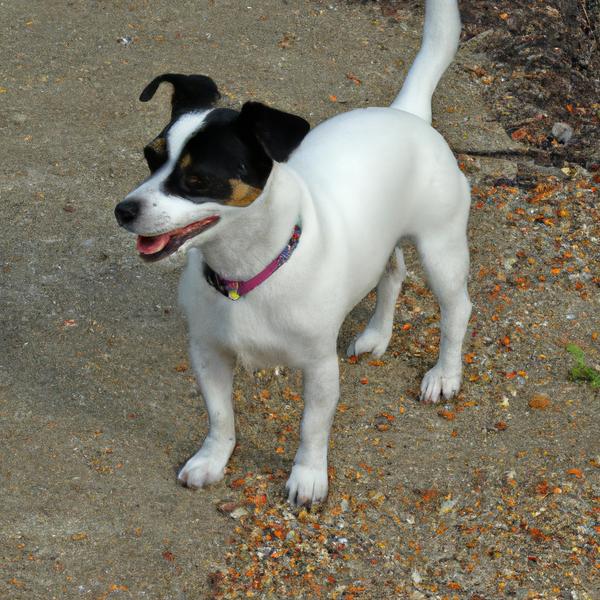
Minnie Jack
Basque Shepherd vs Minnie Jack
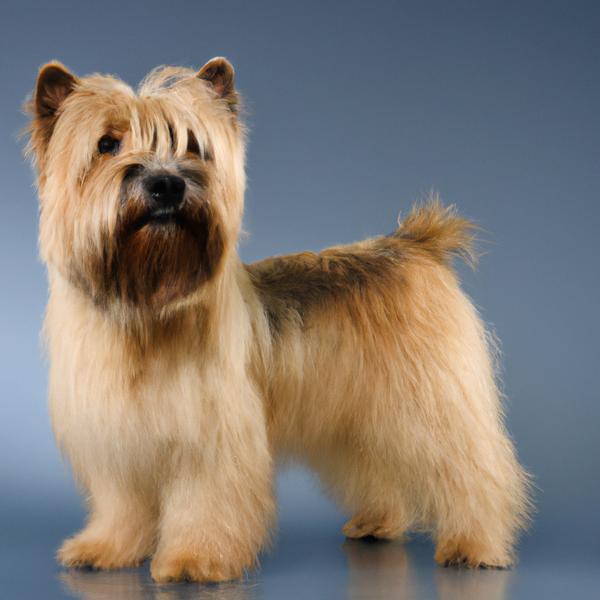
Silkland Terrier
Basque Shepherd vs Silkland Terrier
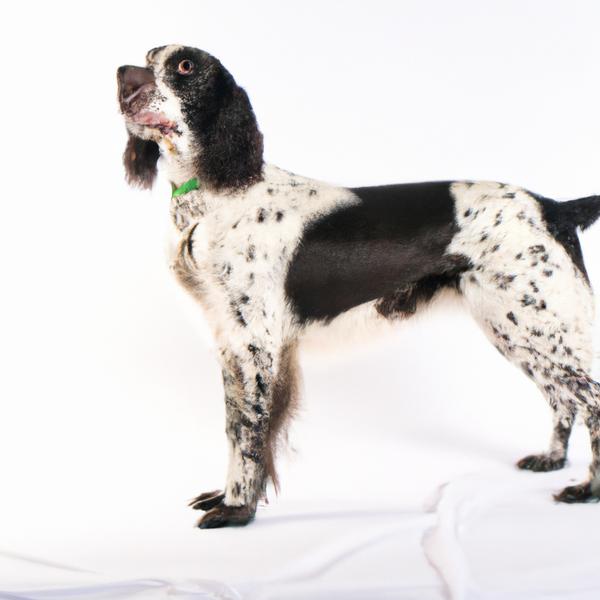
English Spanador
Basque Shepherd vs English Spanador
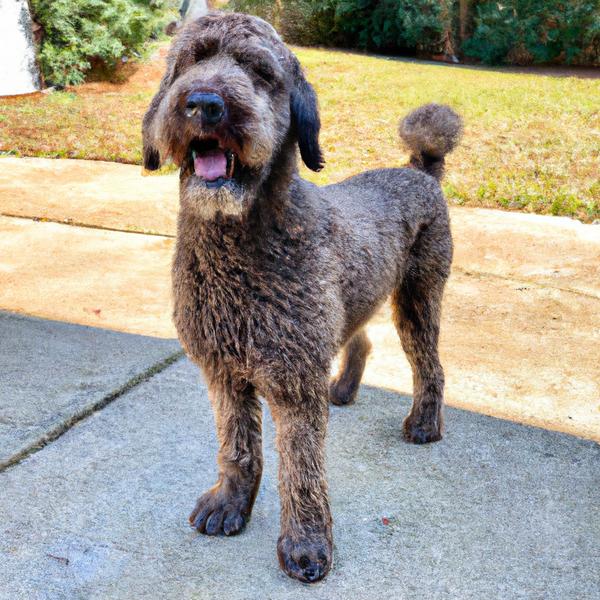
Belgian Shepadoodle
Basque Shepherd vs Belgian Shepadoodle
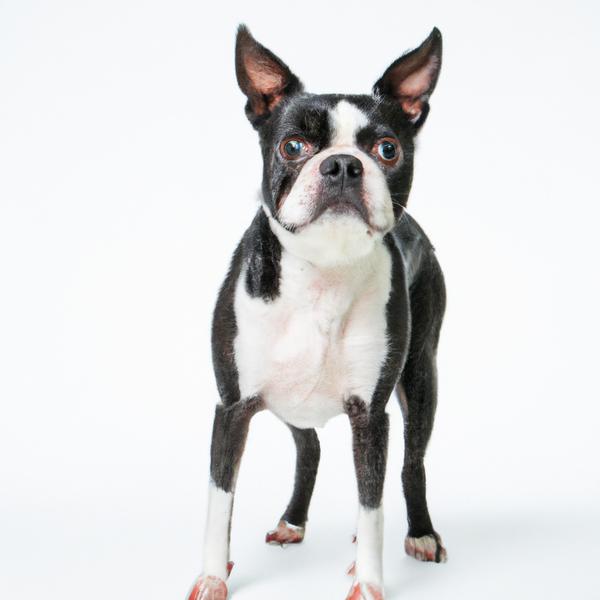
Boston Malterrier
Basque Shepherd vs Boston Malterrier
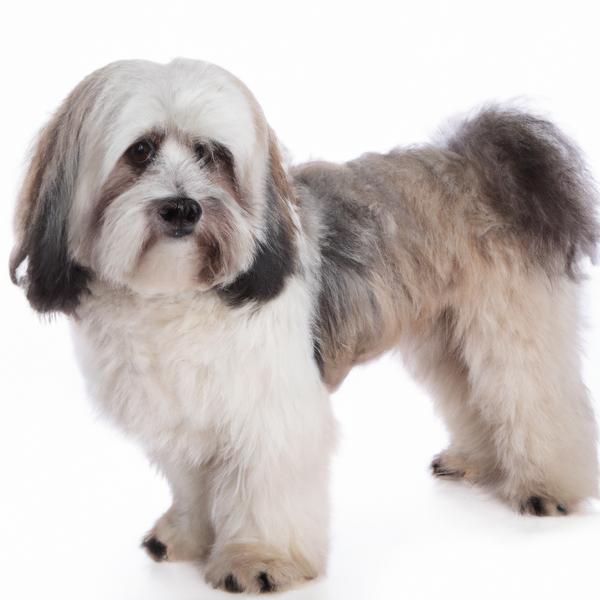
Havanese
Basque Shepherd vs Havanese
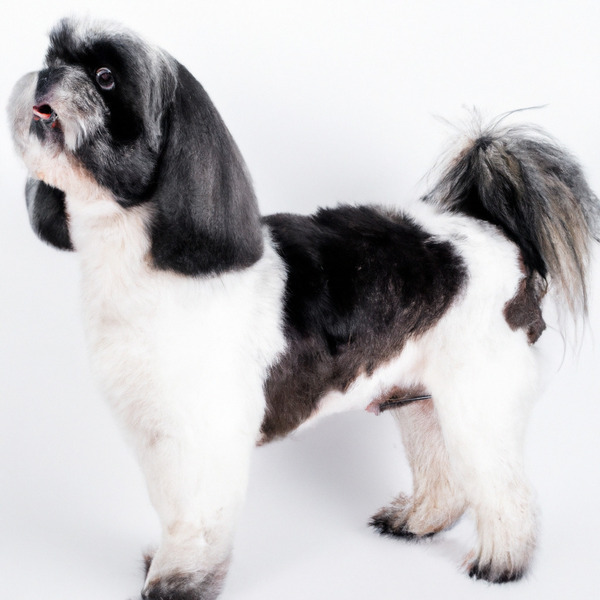
Chizer
Basque Shepherd vs Chizer
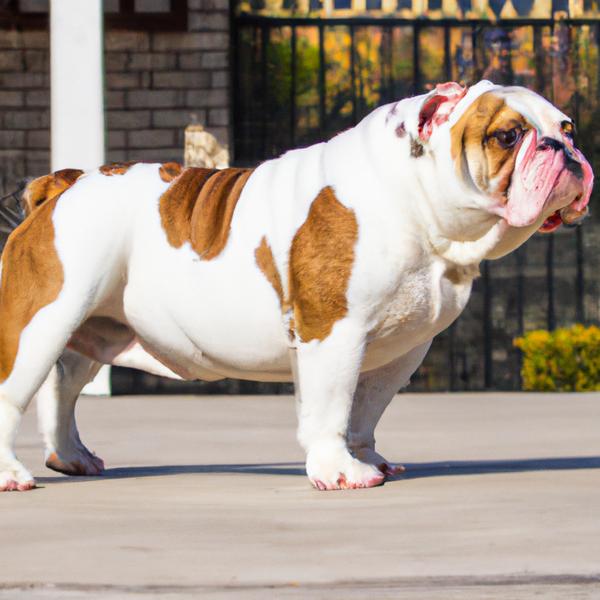
English Neo Bull
Basque Shepherd vs English Neo Bull
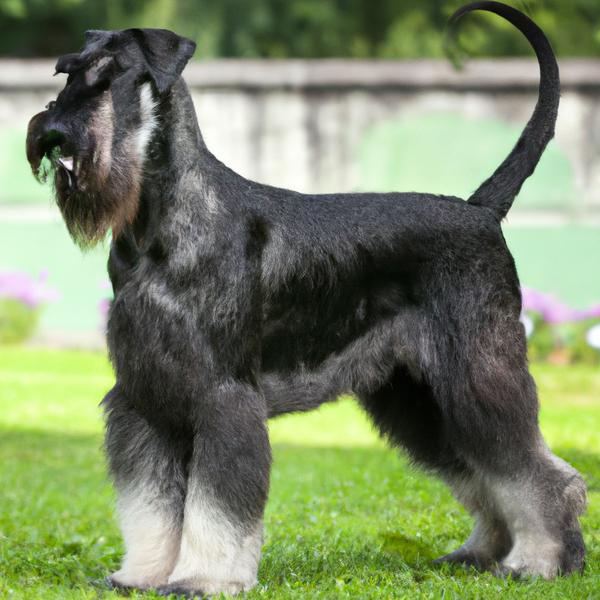
Giant Irish Wolf Schnauzer
Basque Shepherd vs Giant Irish Wolf Schnauzer
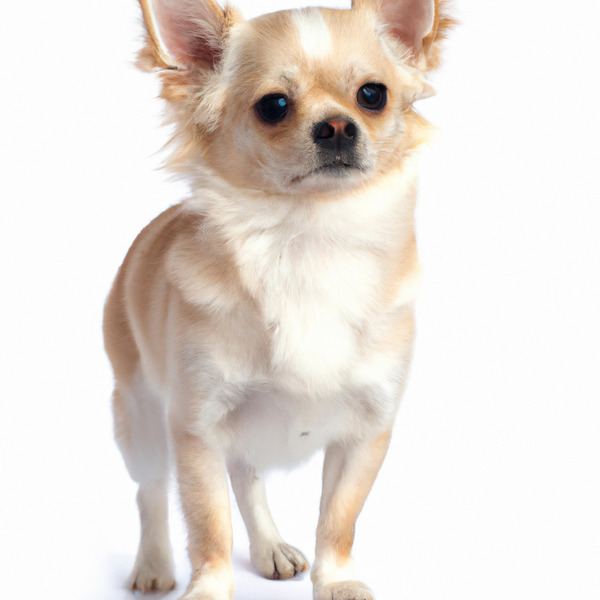
Chihuahua
Basque Shepherd vs Chihuahua

Golden Boxer
Basque Shepherd vs Golden Boxer
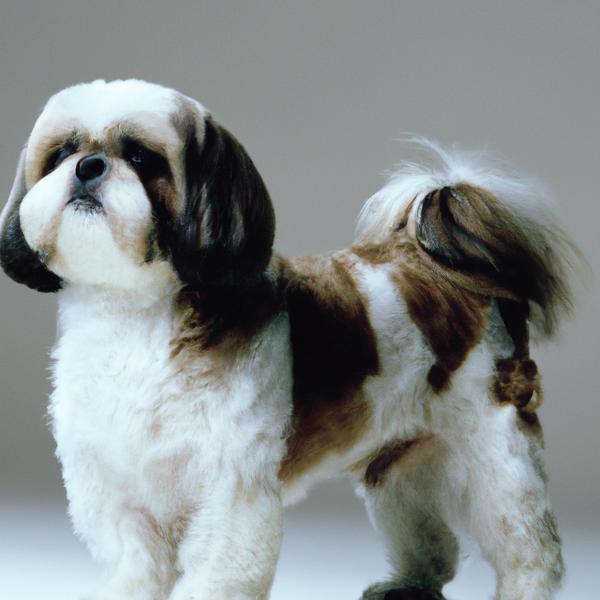
Care-Tzu
Basque Shepherd vs Care-Tzu
